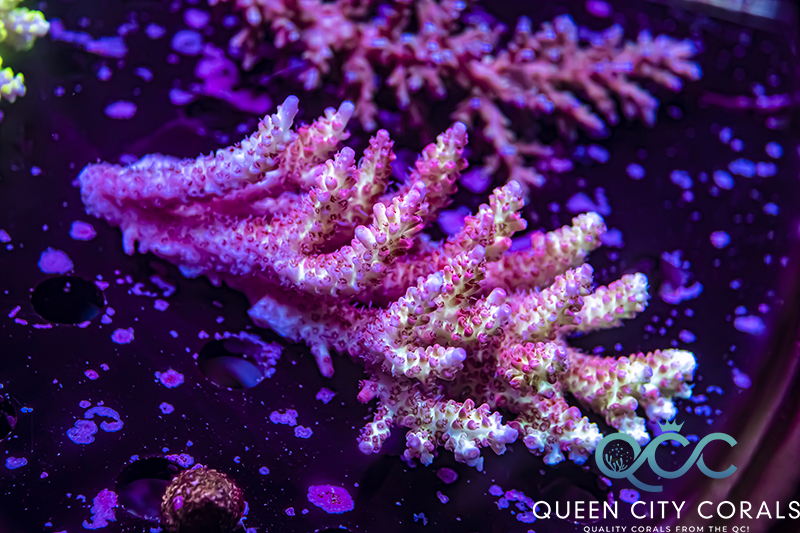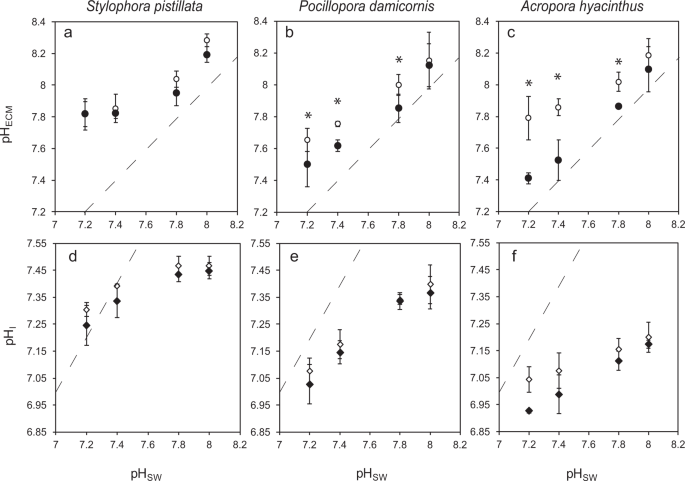My question is, do you think increased Carbonic Acid within a reef tank from atmospheric Co2 causes irritation to soft coral tissue?
I believe that low PH due to increased Carbonic Acid affects carbonate and arogonite formation. Could this be a cause for RTN within hard corals. Acros and SPS? Thank you!
@Randy Holmes-Farley
I believe that low PH due to increased Carbonic Acid affects carbonate and arogonite formation. Could this be a cause for RTN within hard corals. Acros and SPS? Thank you!
@Randy Holmes-Farley
















